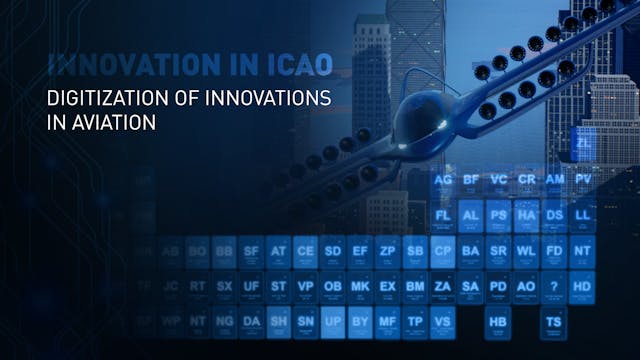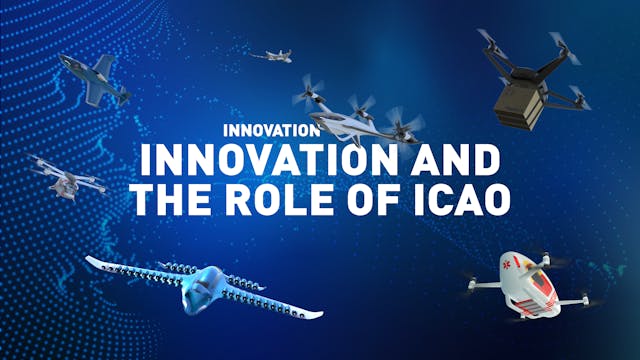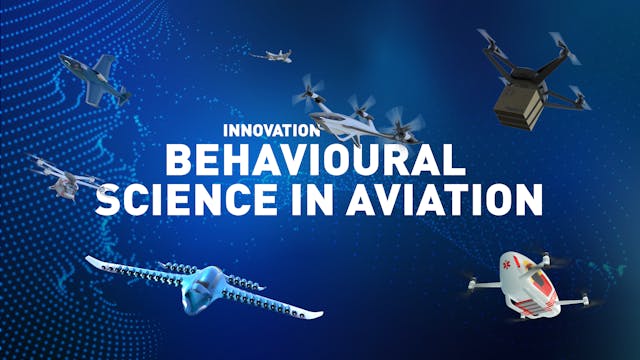The aerospace industry is rapidly approaching a technological revolution. Currently, hundreds of eVTOL manufacturers are developing their aircraft with the intent of reducing cost and noise as compared to traditional helicopters. Some will be ready to enter service as soon as 2023, however, the regulatory framework is still uncertain, and far from being globally harmonized. Regulators and developers must work together to ensure a safe and orderly entry of this new technology into airspace. Tech companies around the globe are trying to lead the charge on the future of eVTOL vehicles, but there are multiple obstacles facing the industry altogether. On the other hand, behind each challenge, there are also opportunities that can be exploited to benefit the industry, its users and the environment. Let's listen to the perspectives and predictions of the protagonists.
Up Next in Season 2
-
Innovation in ICAO: Digitization of I...
Join us on The Innovation in ICAO: Digitization of Innovations in Aviation webinar on Thursday, July 28 at 0900 hrs EDT.
ICAO has been digitizing aspects of Innovations in Aviation. The concepts, the use cases, the technical detail. This allows for easier and more dynamic interaction with them ...
-
A strategic view of Innovation in Avi...
Following key decisions and important work on innovation at ICAO, this webinar will be the opportunity to reconnect with the aviation community and all stakeholders engaged on innovations that could lead to aviation applications. ICAO Member States would also benefit from receiving updates on imp...
-
Behavioural science in aviation
In the context of the 2022 UN Behavioural Science Week, ICAO hosted a panel on Behavioural Science in Aviation.
Behavioural science has the potential to support the contribution of international civil aviation to sustainable development. Positive impacts are foreseen in applying behavioural sci...




1 Comment